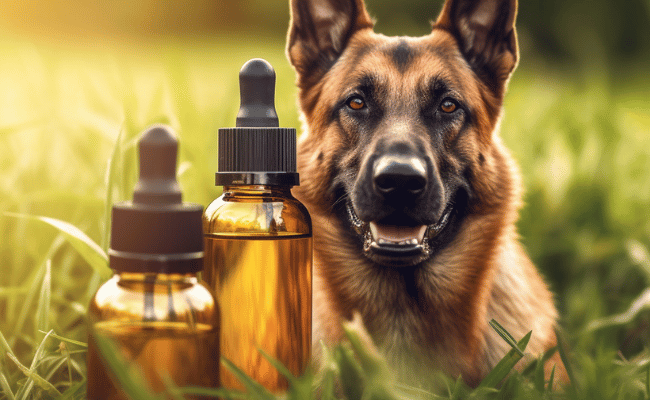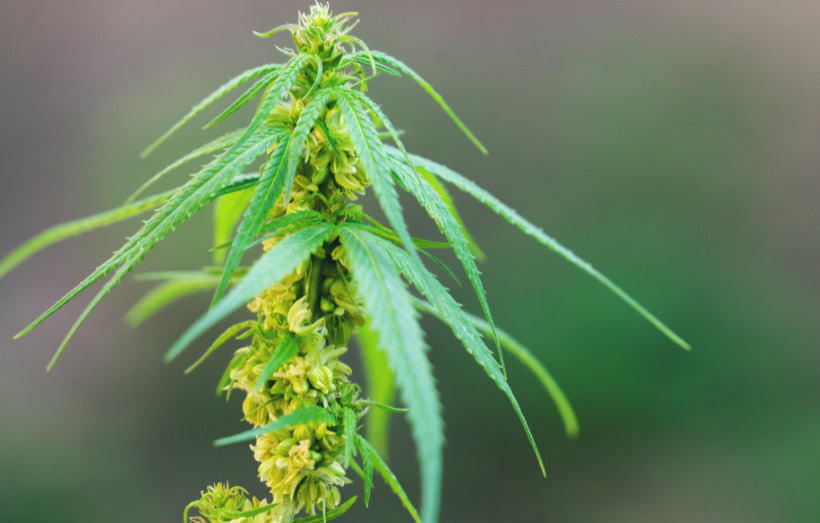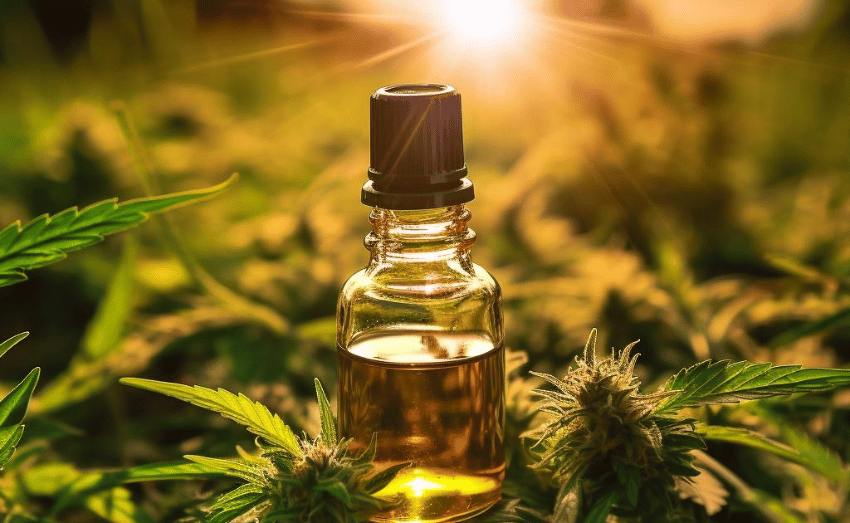In recent years, the holistic health landscape has witnessed a marked influx in the incorporation of Cannabidiol (CBD) and hemp oil products, not just for humans but intriguingly for pets as well. These products, often labeled as therapeutic agents, have burgeoned in popularity, riding the waves of anecdotal claims and emerging scientific reviews.
However, beneath the surface of this burgeoning trend lies a pressing question for pet owners: how long does the influence of hemp oil truly linger within our canine companions? While it’s undoubtedly pivotal to embrace novel wellness avenues for our pets, it’s equally imperative to dissect and grasp the temporal dynamics of hemp oil’s effects on dogs, ensuring informed decisions in the quest for optimal pet health.
- Understanding Hemp Oil and Its Interaction with Dogs
- How Hemp Oil Works in Dogs?
- The Role of Hemp Oil: Lubricating the System
- Real-life Implications: Why It Matters
- Informed Choices: Veterinary Consultation is Key
- The Potential Benefits of Hemp Oil for Dogs
- Factors Influencing the Duration of Hemp Oil’s Effects
- The Onset and Duration of Hemp Oil’s Impact
- Conclusion
- FAQs
Understanding Hemp Oil and Its Interaction with Dogs
CBD Explained: CBD, or Cannabidiol, is like a natural health supplement extracted from a plant called hemp. Picture it as a vitamin you might take, but it comes from the hemp plant.
Not Like THC: Think of hemp and marijuana as siblings. Both are types of cannabis plants, but hemp has CBD, and marijuana has THC. THC is what makes people feel “high” when they consume marijuana, but CBD doesn’t have that effect. So, giving your dog hemp oil won’t make them feel “high.”
Why Hemp? We get CBD mainly from the hemp plant because it has a lot of CBD and very little THC. It’s like choosing a type of orange that’s super juicy and sweet over one that’s dry and tart.
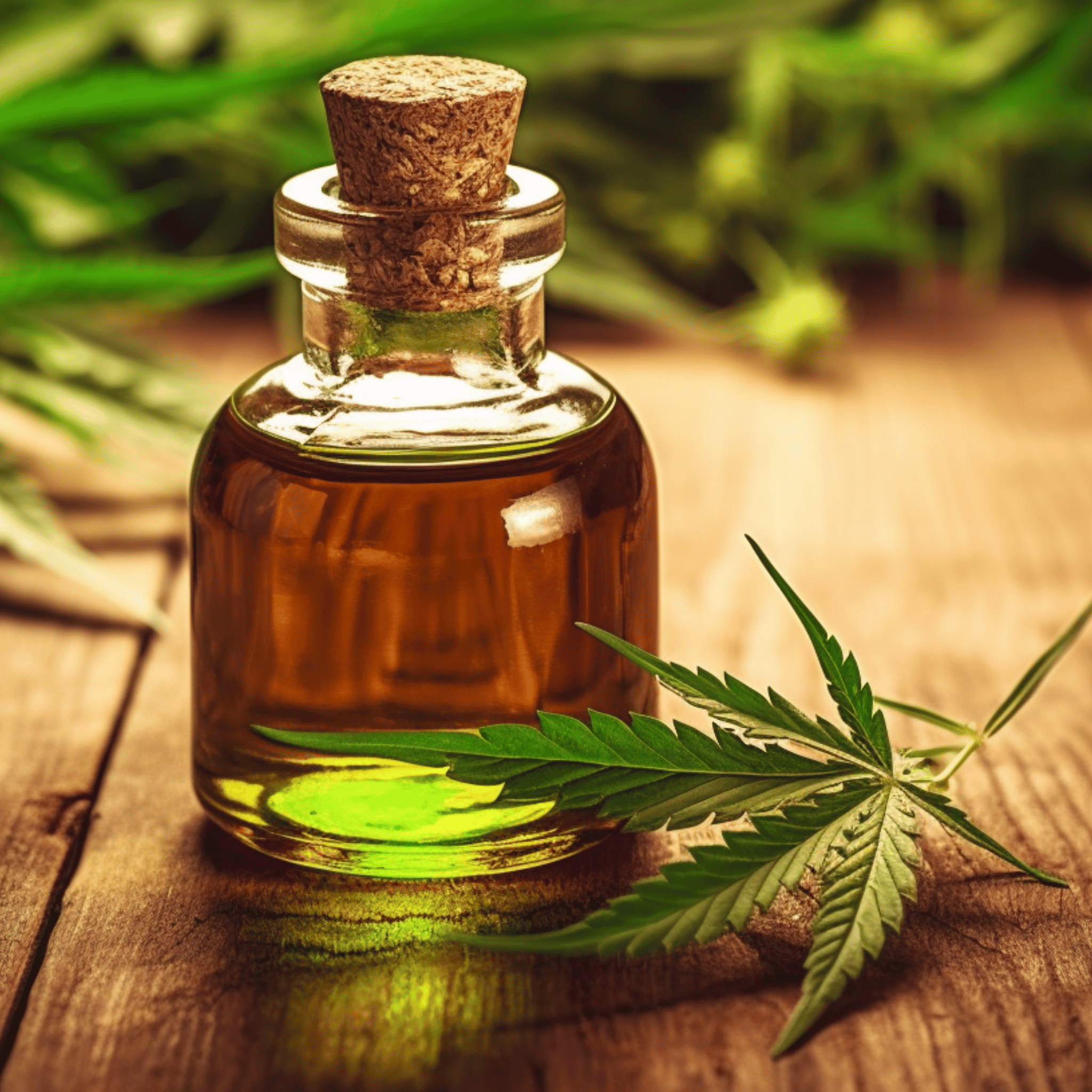
How Hemp Oil Works in Dogs?
Every organism has ways of maintaining balance, much like a tightrope walker uses a pole to stay upright. In dogs, this equilibrium is achieved via the Endocannabinoid System (ECS). This isn’t merely a collection of parts but a sophisticated network ensuring that numerous physiological processes, such as mood, pain response, and appetite, function in harmony.
Imagine a symphony where every instrument plays in tune, creating a harmonious sound. The ECS is the conductor of this symphony, ensuring no instrument (or body function) goes awry.
The Role of Hemp Oil: Lubricating the System
To better grasp hemp oil’s role, picture a machine operating round-the-clock. Over time, its gears might wear out, demanding lubrication for smoother function. This is where hemp oil, primarily its CBD component, comes into play.
By introducing hemp oil, you’re not replacing any part of the machine but merely aiding its existing components to function at their optimal best. CBD interacts subtly, not by forcing changes but by enhancing the body’s natural responses.
Real-life Implications: Why It Matters
Diving into scientific studies offers tangible evidence of the above analogy. A 2018 study from the Journal of the American Holistic Veterinary Medical Association unveiled the potential benefits of CBD in dogs. It’s akin to observing a once rusty machine, post-lubrication, performing efficiently without hitches.
An anxious dog, overwhelmed by the cacophony of fireworks, might find solace and composure after hemp oil administration. This calmer demeanor isn’t due to the dog becoming lethargic but because its internal ‘machine’ is now better equipped to handle stress.
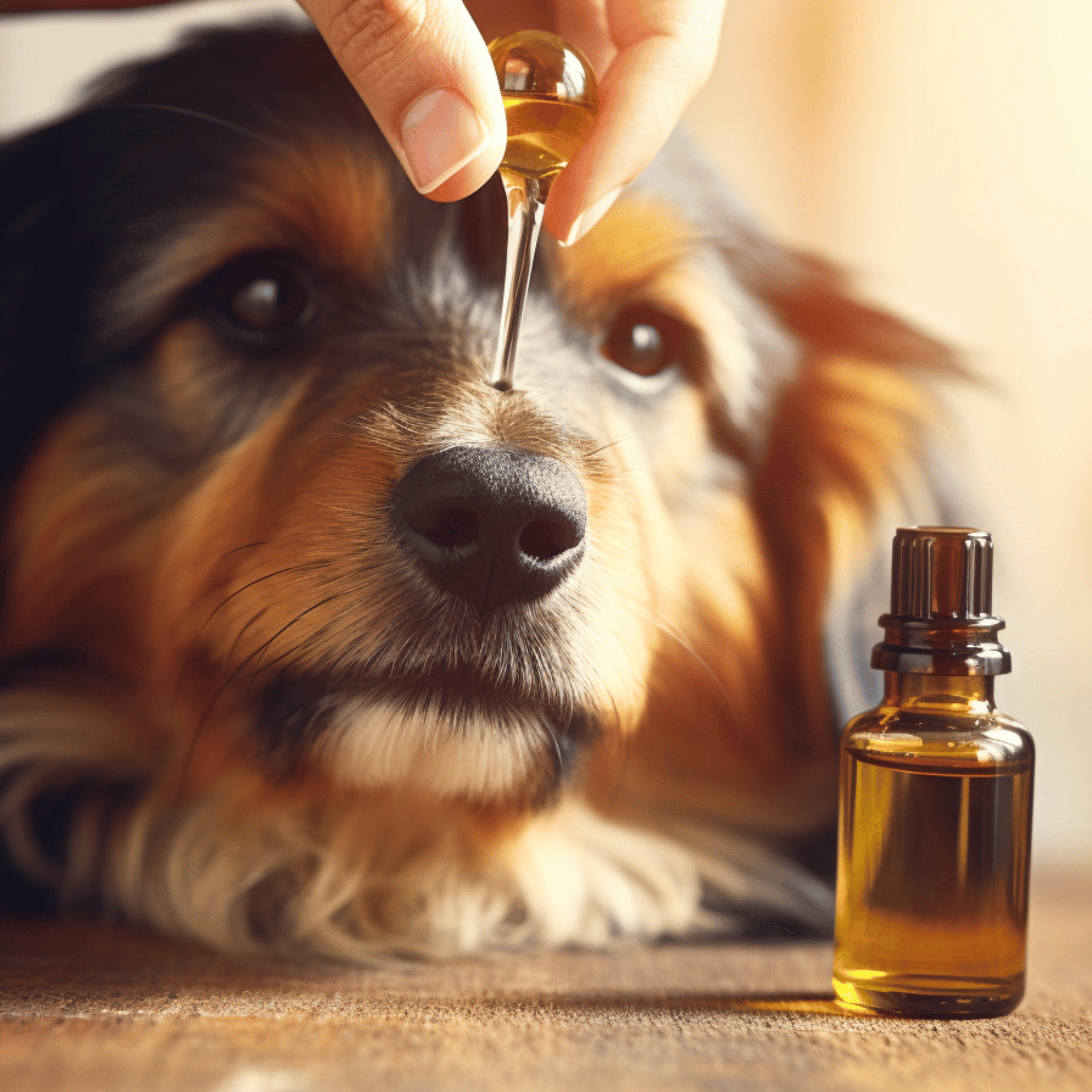
Informed Choices: Veterinary Consultation is Key
While analogies simplify intricate concepts, it’s paramount to remember that every dog is unique. Just as machines of different makes and models might require distinct care, dogs, based on their age, breed, and health, might respond differently to hemp oil.
Hence, a veterinarian, the ‘engineer’ familiar with your dog’s ‘machine,’ becomes indispensable when considering hemp oil as a wellness supplement.

The Potential Benefits of Hemp Oil for Dogs
The natural health product wave has not only catered to human needs but has also found its way into the pet care sector. Amongst various compounds, hemp oil is progressively recognized for the potential advantages it offers to dogs.
Digestive Support and Neurological Balance
Gastrointestinal Health: Hemp oil, particularly its component CBD, interacts with receptors in the canine gut. This interaction may help:
- Regulate bowel movements
- Alleviate digestive discomforts
Neurological Stability: The dog’s neurological systems require equilibrium for effective function. Disruptions can manifest as mood variations or behavioral anomalies. Hemp oil’s interaction with the Endocannabinoid System (ECS) can potentially:
- Maintain neurological balance
- Regulate mood and behavior
Managing Temporary Anxieties
Calming Effects: Dogs occasionally encounter stressors like thunderstorms or fireworks. Traditional treatments can bring side effects. However, hemp oil, through its ECS interaction, might:
- Offer a calming influence
- Aid dogs in coping with transient anxiety periods
Holistic Pet Care
Natural Approach: The holistic pet health paradigm emphasizes natural and minimal interventions. Incorporating hemp oil can:
- Augment natural pet care routines
- Complement other natural supplements and a well-rounded diet
The potential benefits are promising, but it’s essential to remember that individual results may differ. Always introduce hemp oil under a veterinarian’s supervision to guarantee your pet’s utmost safety and well-being.
Factors Influencing the Duration of Hemp Oil’s Effects
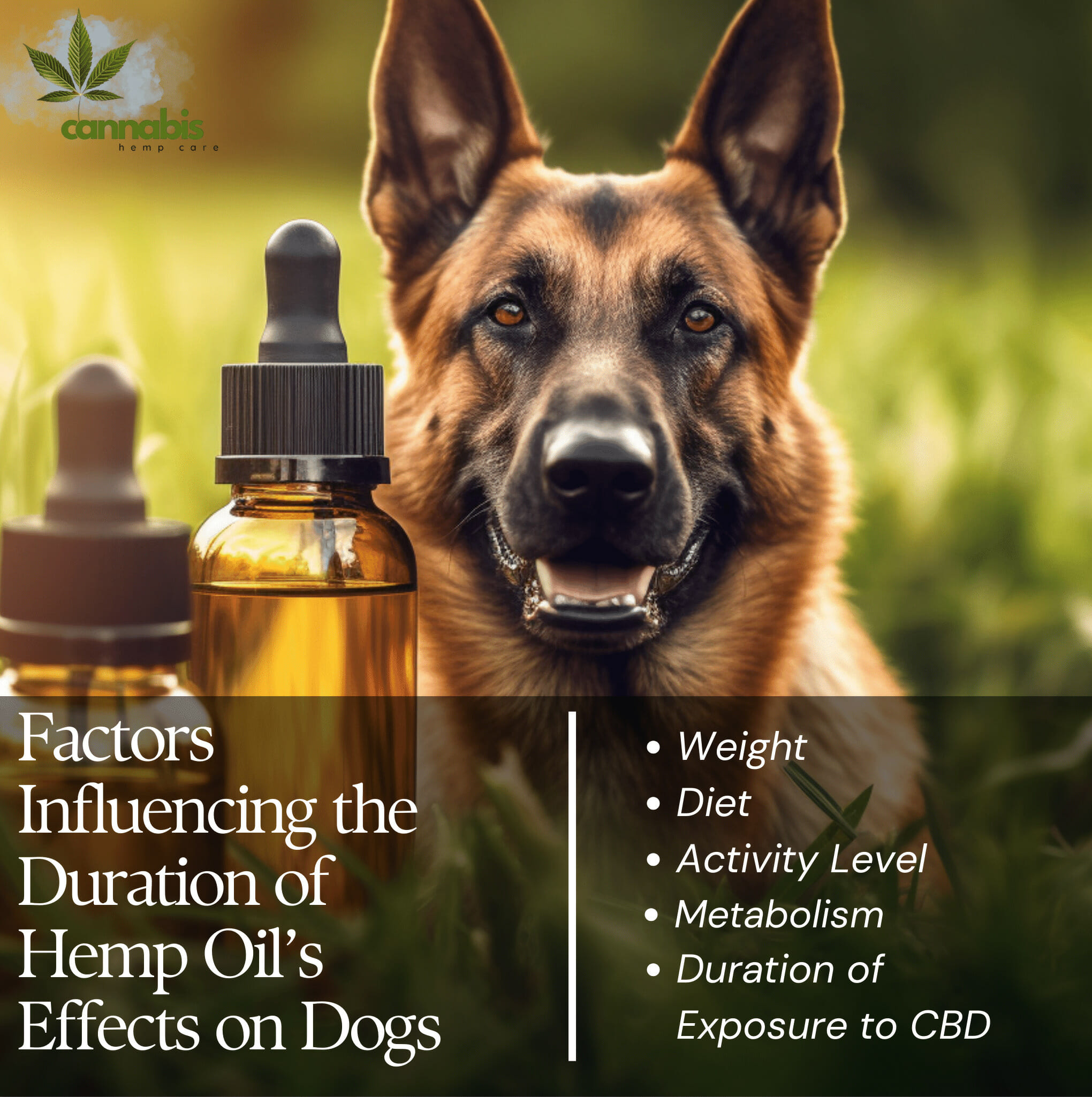
- Weight: The size and weight of a dog can greatly impact how hemp oil affects them. Generally, larger dogs may require a higher dosage than their smaller counterparts to achieve similar effects. Consequently, the duration of the effects might differ based on the proportionality of the dosage to the dog’s weight.
- Diet: What a dog consumes plays a pivotal role in how hemp oil is metabolized. A diet rich in certain nutrients might facilitate or inhibit the processing of hemp oil in the system. For instance, a diet high in fatty acids might increase the absorption rate of the oil.
- Activity Level: The activity spectrum of a dog, from highly active to sedentary, can influence the duration of hemp oil’s effects. Dogs with an active lifestyle might metabolize hemp oil faster than those who are less active, potentially shortening the oil’s effective period.
- Metabolism: Just as with humans, every dog possesses a unique metabolic rate. Some dogs naturally process substances faster than others, and this intrinsic metabolic speed can influence how long the effects of hemp oil last.
- Duration of Exposure to CBD: Consistent administration of hemp oil might lead to an accumulative effect, potentially prolonging the duration of its benefits. Over time, as the body gets accustomed to the hemp oil, the effects may become more consistent in their onset and longevity.
The Onset and Duration of Hemp Oil’s Impact
- Onset of Effects: Typically, after administration – whether oral or topical – hemp oil effects can begin to manifest within 30 minutes to 2 hours. The precise time frame often depends on factors like the dog’s metabolic rate and the method of administration.
- Duration of Effects: On average, the effects of hemp oil might last between 4 to 8 hours in dogs. However, this average can show considerable variance among individual dogs due to reasons previously mentioned: weight, metabolism, diet, activity level, and the frequency of hemp oil administration.
In essence, understanding the various elements that can influence the duration of hemp oil’s effects is vital for effective and safe usage.

Conclusion
Hemp oil offers a compelling avenue of potential benefits for our canine companions. However, its efficacy is intertwined with the responsibility of making informed choices. As pet owners delve into the world of hemp oil, prioritizing quality, seeking transparency in manufacturing, and understanding the bioavailability of products is essential.
Always remember, when integrating any new element into our pet’s health regime, consultation with a trusted veterinarian remains paramount. In our pursuit of holistic pet care, let our choices be guided by research, discernment, and the unwavering commitment to our pet’s well-being.
FAQs
Can I put hemp oil in a dog’s water?
While technically possible, it’s not recommended to put hemp oil in a dog’s water. Oil and water don’t mix well, and the dog may not consume the entire dose. It’s more effective when administered directly or added to food.
How much hemp oil is safe per day for dogs?
The safe dosage of hemp oil varies based on a dog’s weight and the product’s concentration. As a general guideline, 1-2 mg of CBD per 10 pounds of body weight is common but always consult with a veterinarian for specific dosing.
Does hemp oil make you sleepy?
Hemp oil can promote relaxation and, in higher doses, may induce drowsiness in some individuals or animals. However, it doesn’t typically cause sedation like certain medications.
Does hemp oil absorb quickly?
Hemp oil, when administered sublingually (under the tongue), absorbs rapidly, often within 20-40 minutes. Topical applications may take longer to be absorbed by the skin.
What are the best calming treats for dogs?
The “best” calming treat varies based on individual dog needs and preferences. Several brands offer calming treats infused with ingredients like hemp oil, chamomile, and L-theanine. It’s essential to read reviews, check ingredient quality, and consult a veterinarian for recommendations.


































